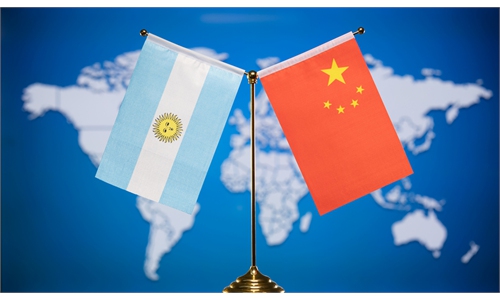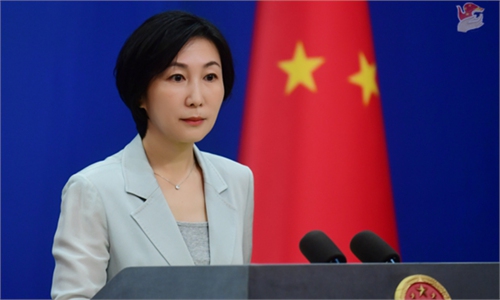
Argentine presidential candidate for the La Libertad Avanza alliance Javier Milei speaks to supporters after winning the presidential election runoff at his party headquarters in Buenos Aires on November 19, 2023.Photo: AFP
The newly elected President of Argentina, Javier Milei, will take office on December 10. The new leader has no substantial government experience. He's an economist with a TV program. But when someone like him gets elected, it's not because of their track record. It's because people are fed up with things the way they are, and they want dramatic change. This may be a turning point for the people of Argentina.
As an agricultural country, Argentina is just coming out of a three-year drought. Its economy is more vulnerable than those that are more dependent, either on energy or on a steady industrial base. Argentina is going through difficult times financially. This year it has faced inflation at 116 percent and two in five people in Argentina are living in poverty.
Argentina has been run by the Justicialist Party that has been essentially in power for decades. In the face of immense economic pressure, Argentineans are in great need of change.
So, what does this change mean for China and the US?
Argentina is an important country as a member of the G20. It's the second-largest economy in South America. Therefore, it is very important to both China and the US.
Until the China-proposed Belt and Road Initiative (BRI), the US had been the dominant global player in terms of influence. The US uses the tagline that it stands for democracy and human rights and will do anything it can to help increase the proportion of countries around the world that are democratic and support human rights.
China, when it launched the BRI, took a very different approach. It basically said, "We're not here to impose on you or even suggest to you how you should manage yourselves. And we know you all have very strong needs in infrastructure and need to have strong trading partners." We've seen China develop much stronger relationships with developing countries, largely by becoming their leading trading partner and also providing infrastructure in many different forms.
When you think about how China and the US are going to approach Argentina, China has already made it clear that its primary value added to developing countries is going to be trade and infrastructure. As each year goes by, China becomes more refined in how it delivers that.
The US is in a very different position. Many countries in the world today have had their own experiences with democracy. These countries have their own points of view about whether democracy works for them or not and how effective it is around the world. So these countries are much more focused, not on the ideology, but on the practical issues of how they accelerate the growth of their economies. Therefore, the US needs to come up with a value proposition that goes beyond ideology and actually helps those countries' economies. I think China is trying to do that, and many people would say they've had a fair amount of success in doing so.
Does the US have the financial resources and the will in an era where people are increasingly feeling that the US is threatening to become more isolationist? Certainly, under Donald Trump, that was the case. And if Trump is reelected, that would be the case again. So I think that's the real challenge going forward. As China continues to do more of the same with the BRI, the US is going to have to rethink what its value proposition is for developing countries like Argentina.
So I think going forward, it would be safe for both China and the US to think more about supporting the long-term economic growth of Argentina and finding tangible ways to do that. It'll be very interesting to see how it plays out.
The author is a speaker on China-US relations and author of the book Powerful, Different, Equal: Overcoming the misconceptions and differences between China and the US. opinion@globaltimes.com.cn


